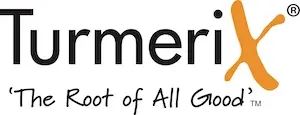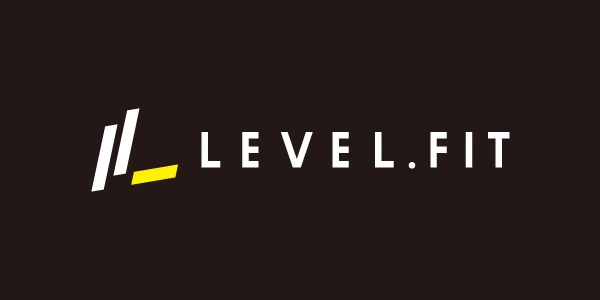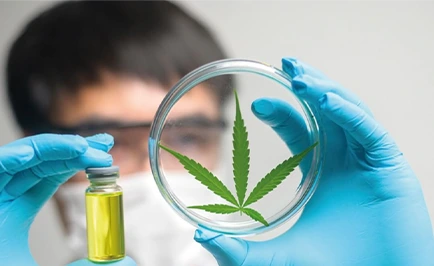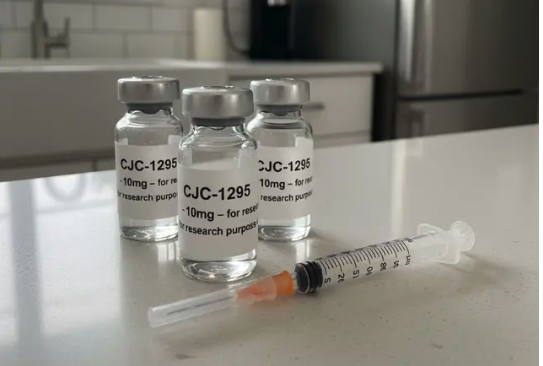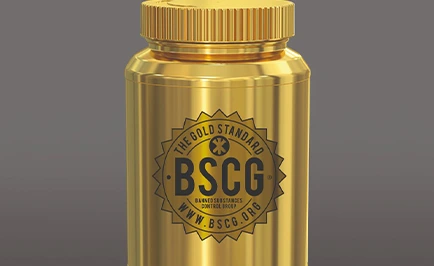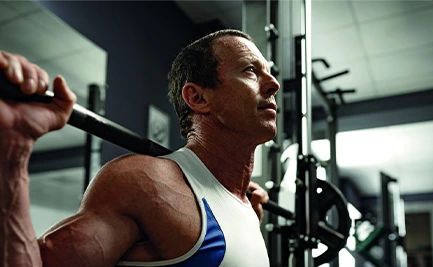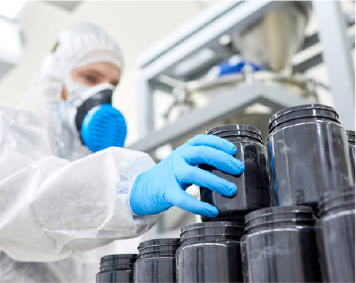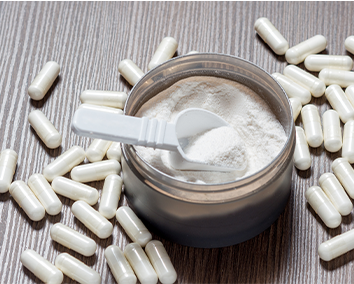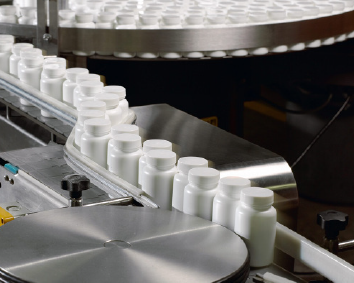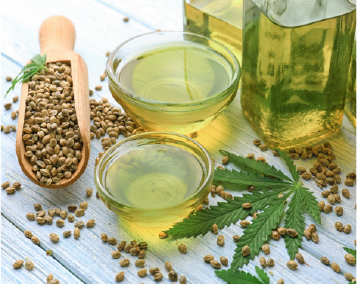Contaminated Supplements Can Be Career Ending ?
Nov 16, 2023
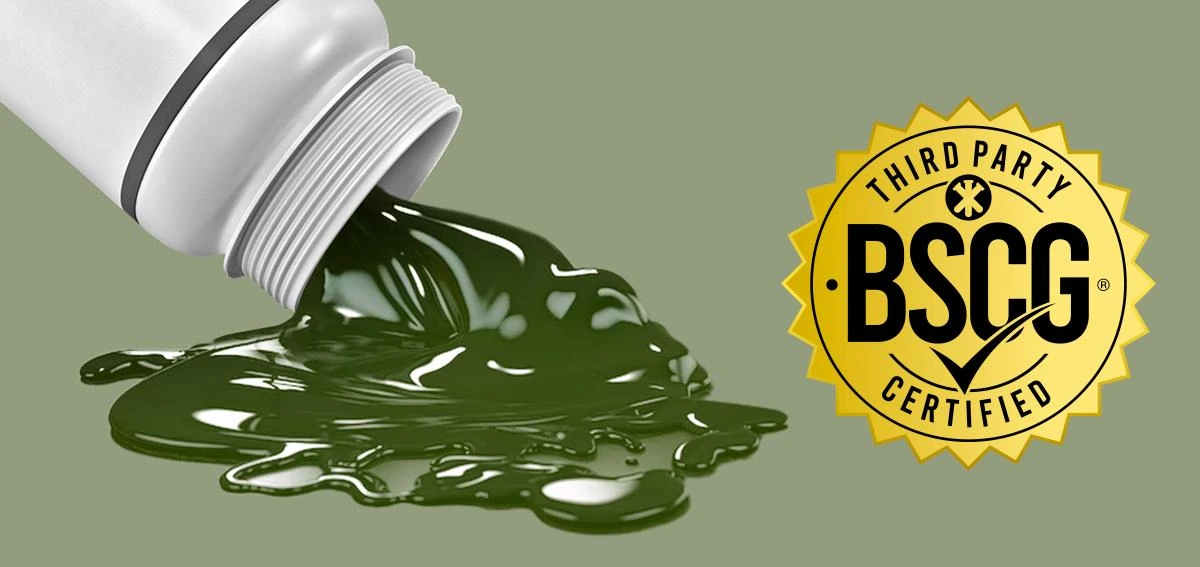
Contaminated Supplements Can Be Career Ending
Supplements and sports go together like balls and racquets, to such a degree that up to 82% of athletes use at least one supplement. Sadly, even the most expensive supplements can unintentionally harbor prohibited substances due to various factors in the production process. Contamination can occur through shared manufacturing equipment, cross-contact with other products, or raw materials sourced from suppliers with poor quality control. Every athlete, even tennis players, is at risk, which Romanian tennis star Simona Halep discovered. For Simona, the wait was almost worse than the outcome.
Long Road Back
Halep's suspension from tennis has been in place since October 2022, thanks to a failed drug test. She tested positive for Roxadustat, a banned substance known for its performance-enhancing properties that was identified in a supplement Halep had used. In an interview with Tennis Majors, Halep expressed her frustration with the lengthy process of receiving a hearing to prove her innocence. Despite having evidence to support her case, she has also faced delays in obtaining an independent court hearing. “The stress is huge because I never thought I would face something like this. I have always been against doping, as I am a big supporter of clean sports,” said Halep, emphasizing her commitment to maintaining the integrity of the game. Her case highlights the career stopping consequences of supplement contamination.
Justice Isn’t Swift
It took almost a year for the Tennis Integrity Agency to confirm in September 2023 that her positive Roxadustat test and irregularities in her Athlete Biological Passport (ABP) had been upheld. The supplement contamination was considered but the appeal body did not believe the amounts found in the supplement could have caused the positive test. She’s been suspended for four years for breaches of the Tennis Anti-Doping Programme (TADP). If you include the year the tribunal took to reach the decision, that’s 5 years away from top-tier tennis. Will the 32-year-old ever regain her No. 1 spot when she’s in her mid-thirties? It’s uncertain, but she recently posted a video of her training to the tune of ‘Never Give Up’ so she still has hope. Halep has been adamant she never took Roxadustat intentionally and is pursuing action against the supplement company she blames for the finding.
Bring Transparency to Light
Whether Halep intentionally cheated or not, her situation underscores the importance of supplement safety and testing. Contaminated supplement cases are all too frequent these days. Indeed a compilation of research studies focused on dietary supplement contamination with banned substances showed that 28% of the 3,132 supplements considered had a banned substance present that could lead to a positive drug test. Such cases highlight the need for athletes to exercise extreme caution when choosing the supplement products they consume.
At BSCG, we understand the significance of safeguarding athletes from unintentional doping violations as BSCG was founded 20 years ago specifically to prevent inadvertent doping violations from dietary supplements. Today our industry leading Certified Drug Free program third-party certification program tests every batch of participating supplement products for over 500 banned substances, offering athletes the peace of mind they deserve. Supplement contamination can stop an athlete in their tracks, sometimes permanently. Third-party certification for banned substances isn’t just an option drug tested athletes should consider, it should be a mandatory requirement when choosing a dietary supplement as that seal just might be the thing between you and a situation like Halep is facing.
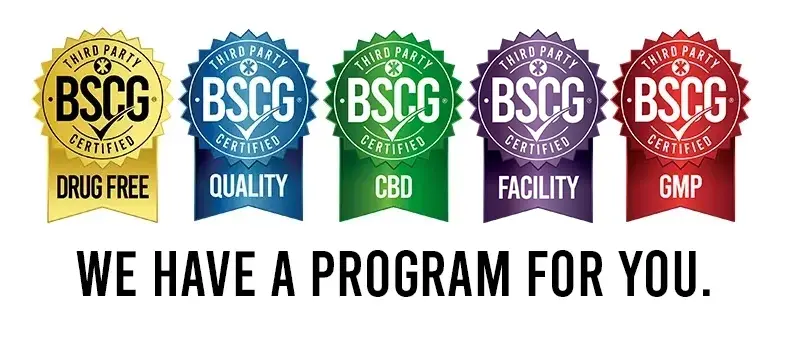


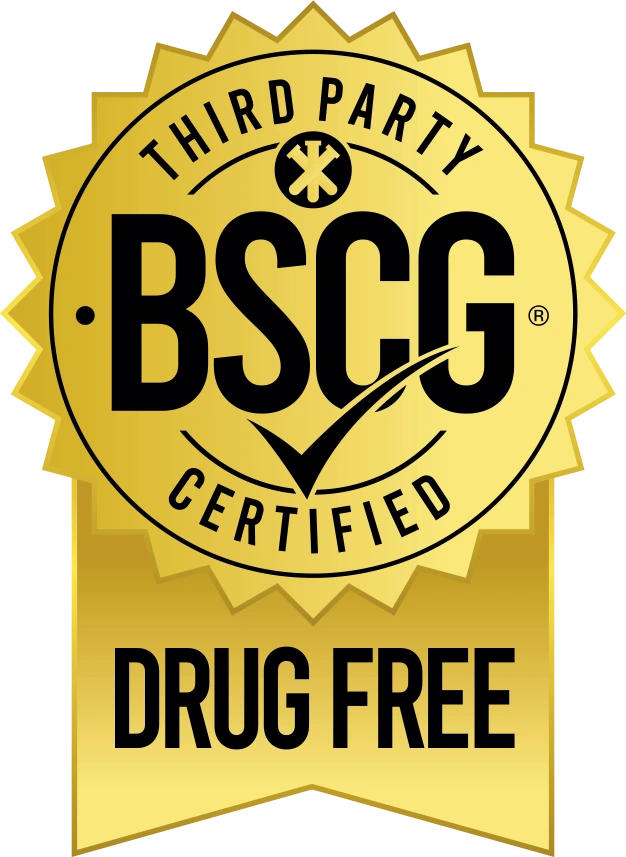
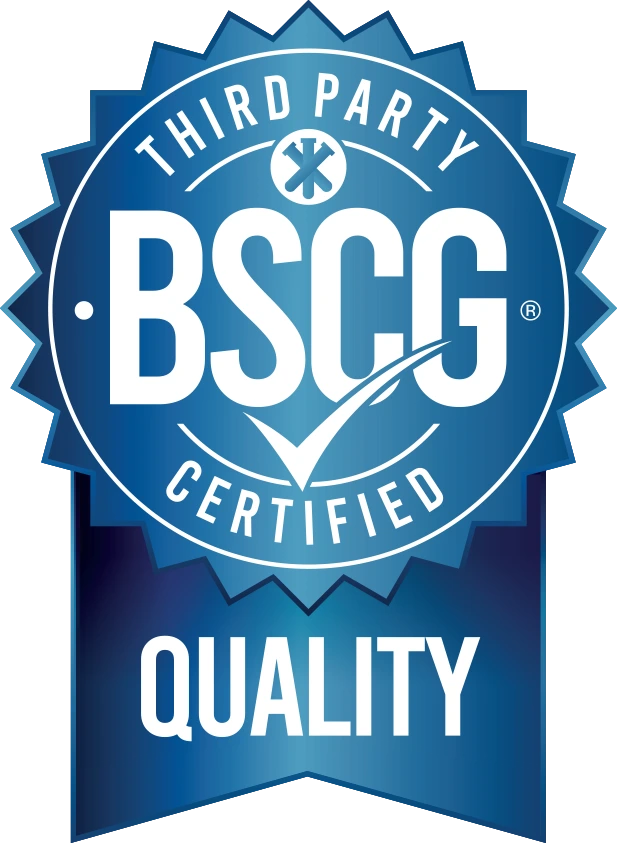
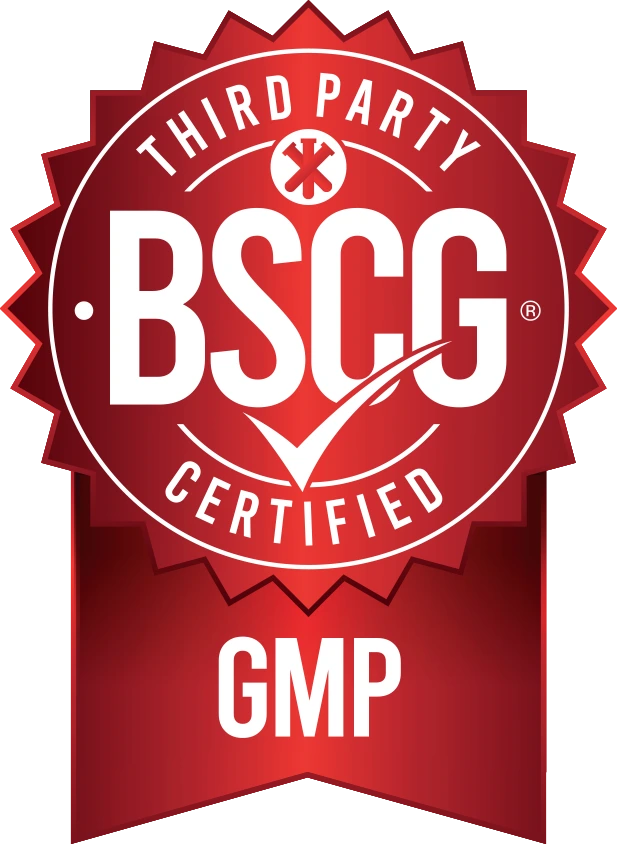
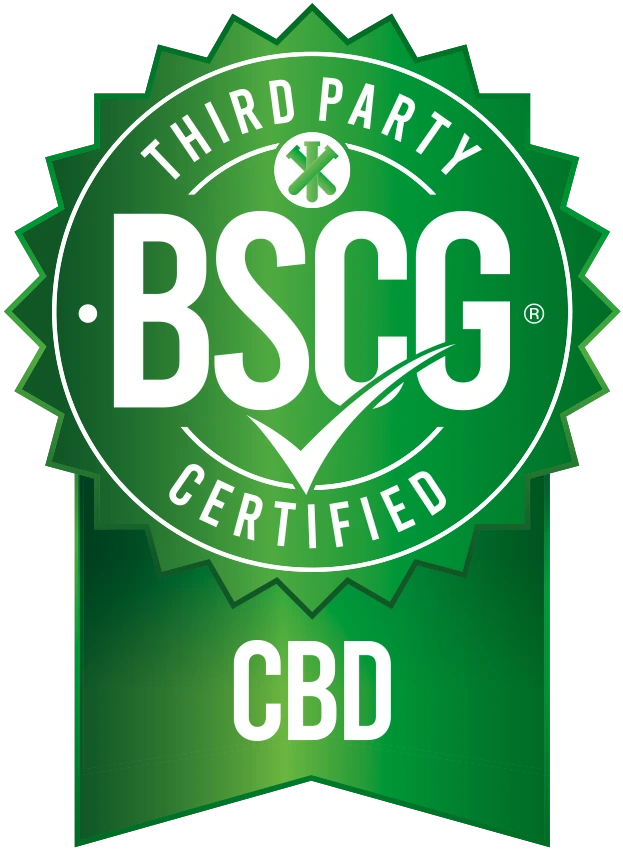
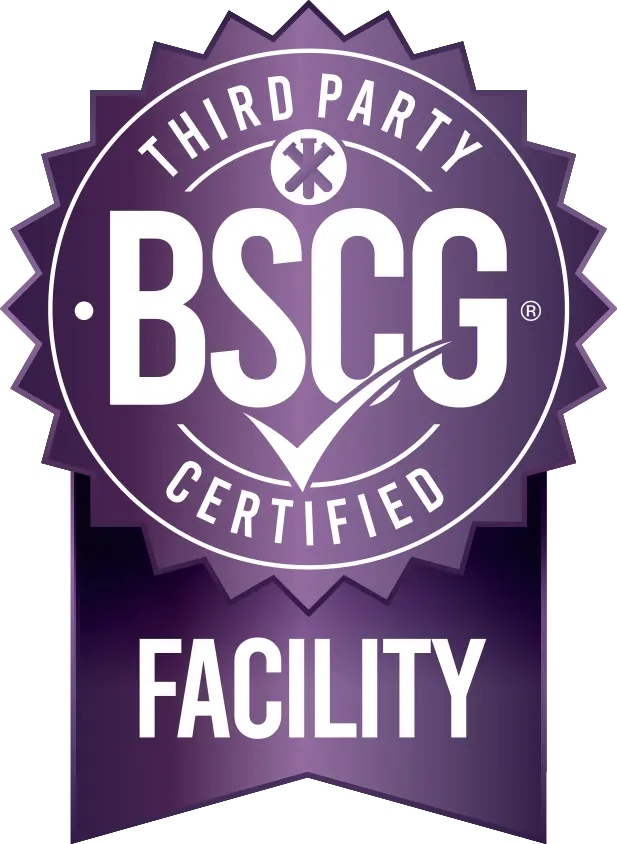


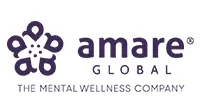

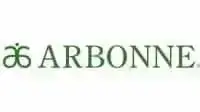
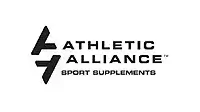
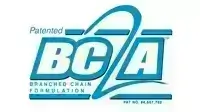
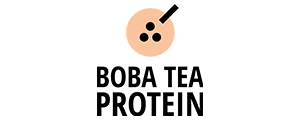
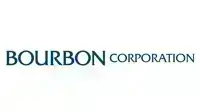

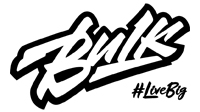

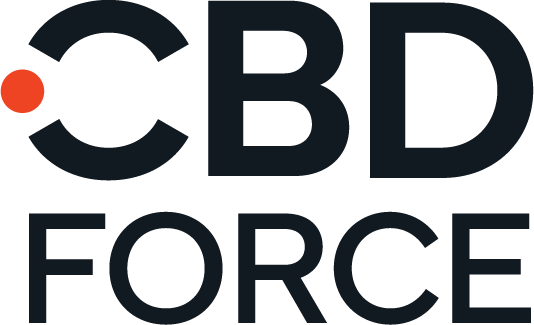

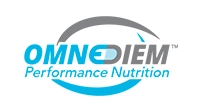
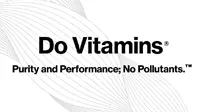

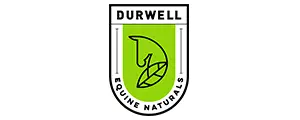

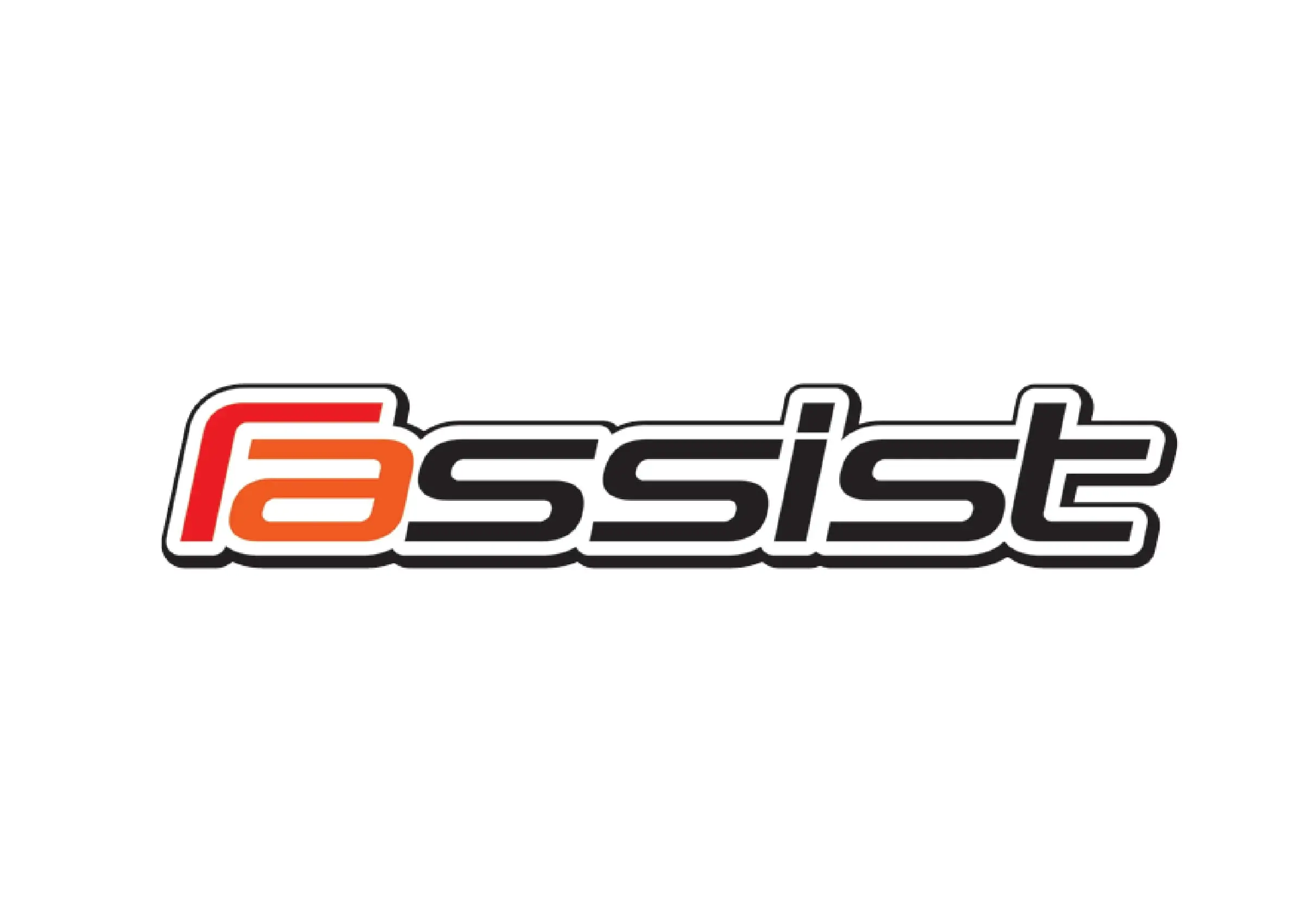
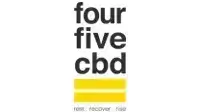

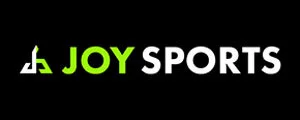
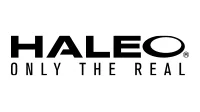

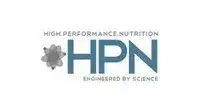
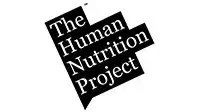




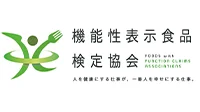







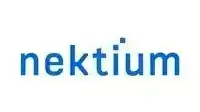

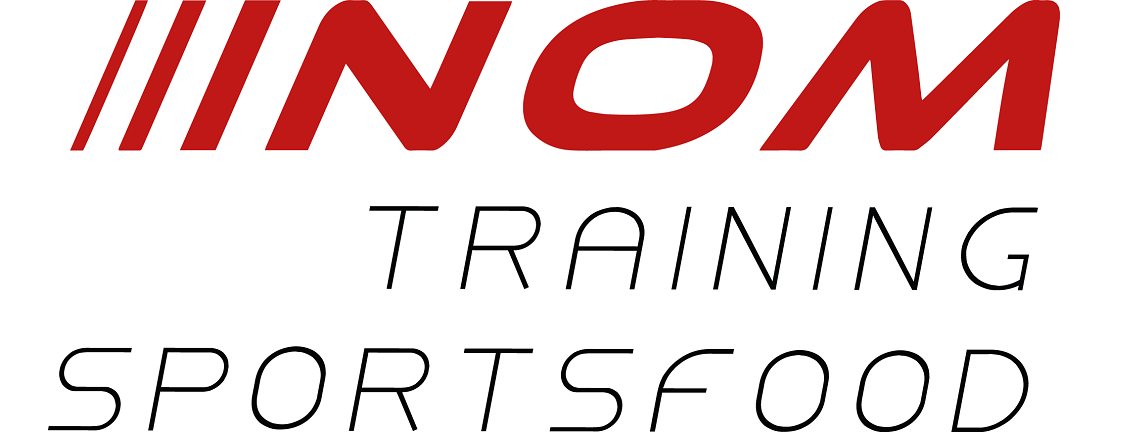
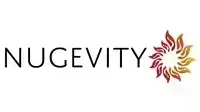
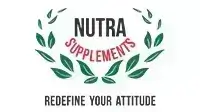

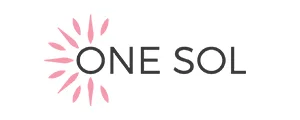
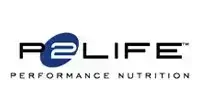
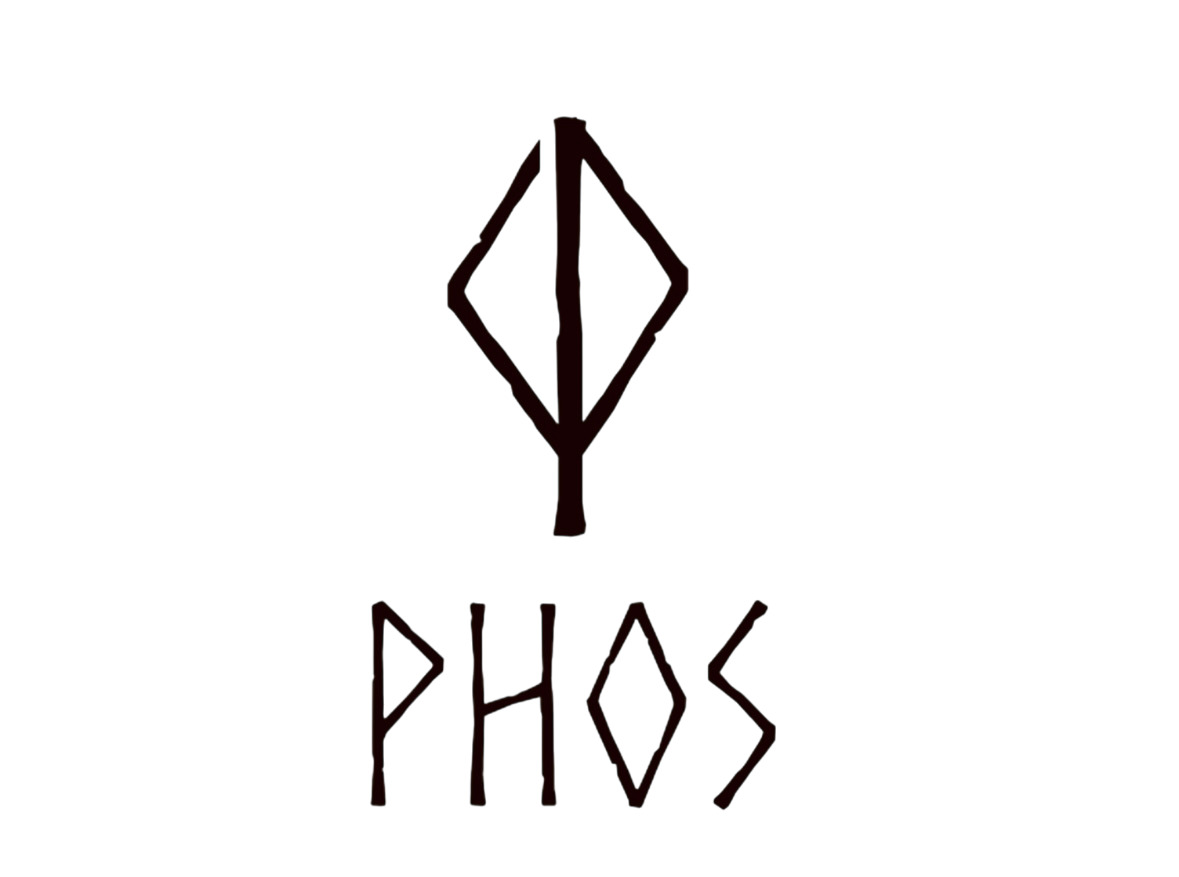


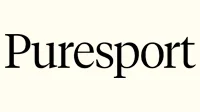
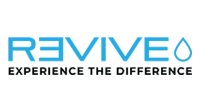


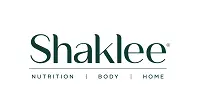

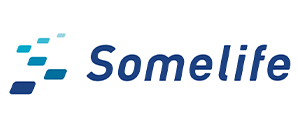
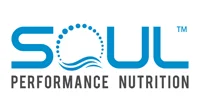
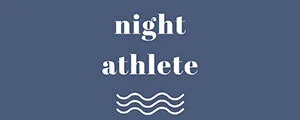
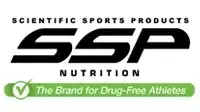


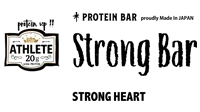
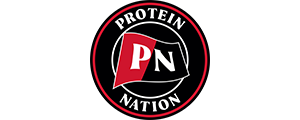


.png)

